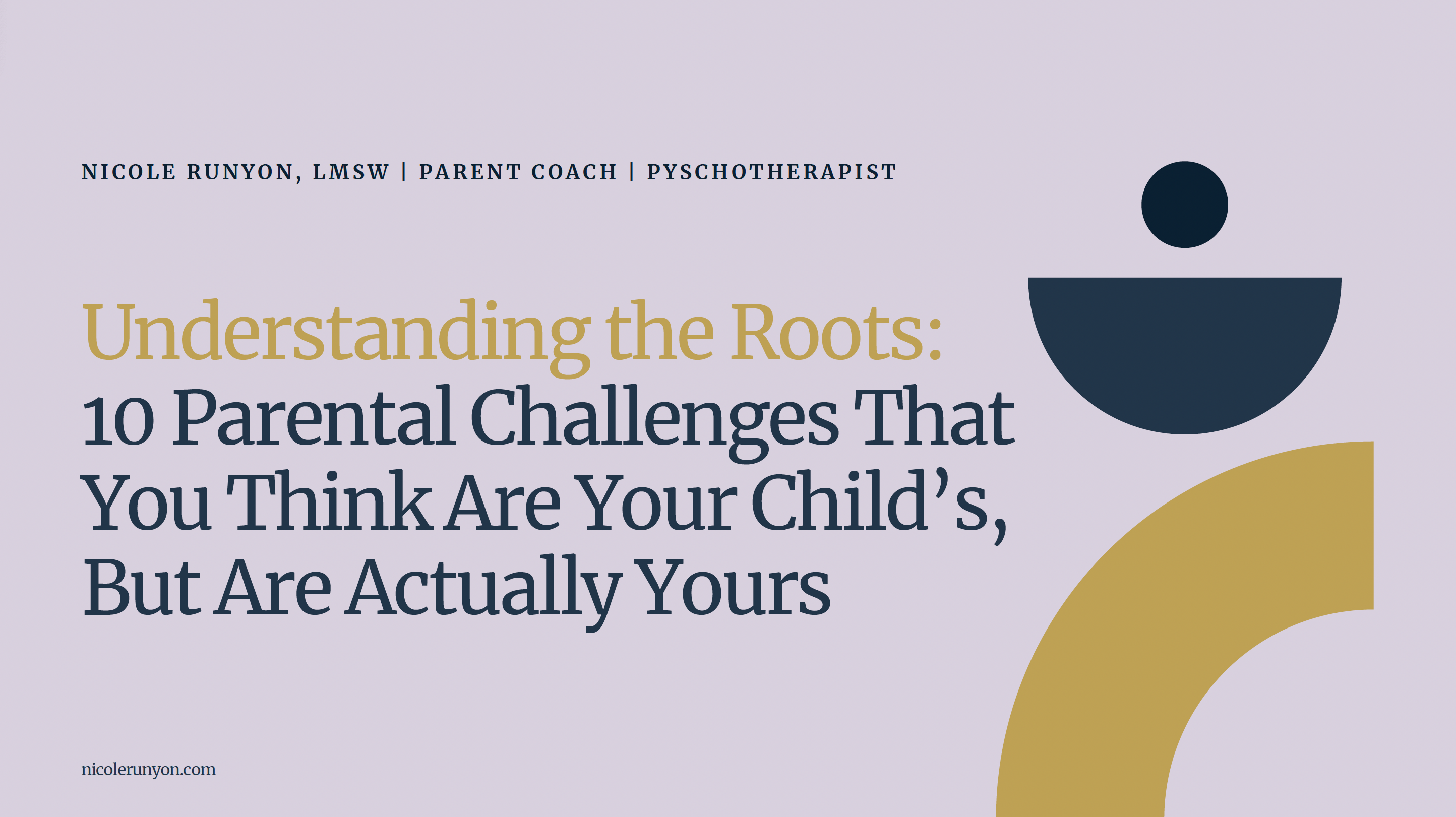In today’s rapidly evolving world, the challenges faced by Generation Z, born between 1997 and 2012, are unlike any previous generation. As a psychotherapist and parent coach, I’ve witnessed firsthand the struggles of young adults grappling with issues such as loneliness, disconnection, and a lack of meaningful relationships.
One of the most pressing concerns is the difficulty young adults face in forming intimate, loving connections with others. Raised in an era dominated by social media and instant gratification, many of them lack the foundational skills needed to cultivate deep relationships. Instead of engaging in face-to-face interactions, they’ve grown accustomed to virtual communication, which often leaves them feeling isolated and disconnected.
Moreover, societal pressures and economic uncertainties have left many young adults feeling hopeless about their futures. The prevalence of fear-based media and the constant bombardment of negative messages have contributed to a sense of despair among this generation, further exacerbating their struggles with mental health.
As parents, it’s imperative that we empower our young adults to take control of their lives and embrace independence. While it’s natural to want to protect and support our children, we must also allow them the freedom to make their own decisions and learn from their mistakes. This means stepping back and allowing them to navigate the challenges of adulthood on their own, even if it means facing discomfort or uncertainty.
Furthermore, we must encourage our young adults to seek out meaningful connections and relationships, both romantically and platonically. Instead of relying solely on digital communication and dating apps, they should prioritize face-to-face interactions and invest in building genuine connections with others.
It’s also crucial that we address the underlying issues contributing to the struggles of Generation Z. By fostering a culture of resilience and self-reliance, we can help them overcome the obstacles they face and thrive in an increasingly complex world.
In conclusion, the challenges faced by Generation Z are multifaceted and complex, but they are not insurmountable. With the right support, guidance, and resources, young adults can overcome their struggles and lead fulfilling, meaningful lives. As parents and caregivers, it’s our responsibility to provide them with the tools they need to succeed and navigate the challenges of adulthood with confidence and resilience.

